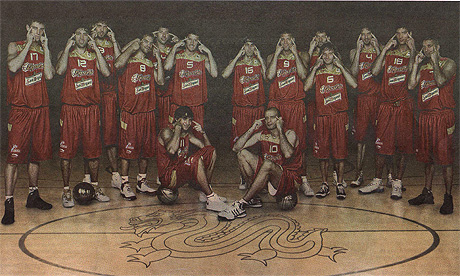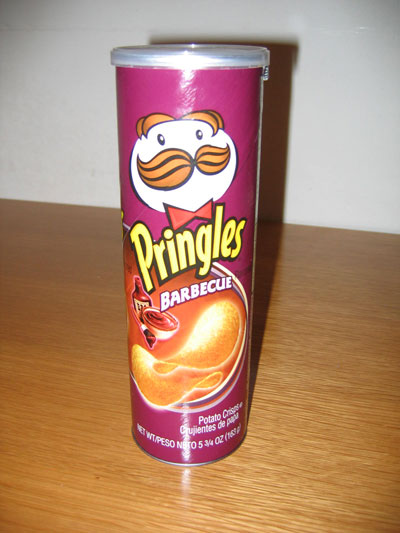
Here’s another in an occasional series of posts on films. I call it "analysis" rather than "review" because I look at the whole film, so there are almost always spoilers (you have been warned). You read reviews before watching a film; you read analysis afterward. I call it "movie analysis" rather than "film analysis" because I’m not a film scholar and I’m not interested in the craft of films, but rather their ideas.
Stanley Kubrick came up with the idea for Artificial Intelligence A.I., and he worked with Steven Spielberg to develop the film, which Spielberg ended up directing after Kubrick’s death. This may account for the peculiar mix of light and dark in the film’s themes, though Spielberg says it was he who brought a more somber note to Kubrick’s original script.
The film received mixed reviews, and there are certainly some conspicuous flaws in its plodding ending and the tin-ear direction of some of its scenes. But that said, A.I. is a vehicle for some powerful, profound ideas.
It is at heart a film about loss. Most obviously it is about a child rejected by his mother, but the robot boy David would have lost his mother even if she had not abandoned him. "Fifty years," the mother Monica tells her adopted son, is all she can be expected to live; and that is just a single sunrise and sunset to an immortal being. His journey in the film is a quest to find eternal love, which implies eternal life. The darkness at the core of A.I. is not the pain of abandonment but the knowledge that all things shall pass.
A.I. is also a film about the loss of the human race. "Death by global warming" is a scenario common to many futuristic films, in which a Noah-like deluge drowns a greedy, unrepentant, politically incorrect world. Politics and jeremiads aside, however, the end of human life (or all life) appears inevitable regardless of climate change, given that our sun (and all suns in this universe), the ultimate source of the energy that nurtures life, will one day burn out. (Isaac Asimov wrote a fascinating short story on this very topic.) What happens when the sun "breaks down," and "death shall have no dominion" — because life is no more? The great, unthinkable tragedy is not the loss of one life, but all life, and with it all that humanity has labored, fought, and loved.
The ending of A.I., in which David is given the chance to spend a single day with a reincarnation of his long-dead mother, is an explicit (albeit contrived) insertion of elements of the fable into science fiction. It is fantastical because the science of cloning (by replicating the DNA in a hair, in this case) can produce only a twin of ourselves, and never our true selves — our physical selves included — shaped as they have been by experiences unique in time. The popular fascination with cloning is itself driven by modern-day fairy tales of conquering death, with little basis in science. But the film depicts another, more essential fantasy: this dream that we can salvage our experiences somehow from the spacetime continuum, as the futuristic mecha do in the film when resurrecting Monica. The hope implicit in this fable is that the past is not lost to us; all that has happened has left a mark somewhere, like fossils in the earth, and perhaps one day we will find a way to recover them.
It is this reality that our civilization’s fables seek to overthrow with all their magic. We do not know whether what we do matters, because if it matters there must be some eternal memory of it. We have children, in part, to live beyond death; we seek fame and fortune, in part, to leave something for the ages. But even this, too, shall pass.
Victor Tan Chen Victor Tan Chen is In The Fray's editor in chief and the author of Cut Loose: Jobless and Hopeless in an Unfair Economy. Site: victortanchen.com | Facebook | Twitter: @victortanchen
Dear Reader,
In The Fray is a nonprofit staffed by volunteers. If you liked this piece, could you
please donate $10? If you want to help, you can also:






